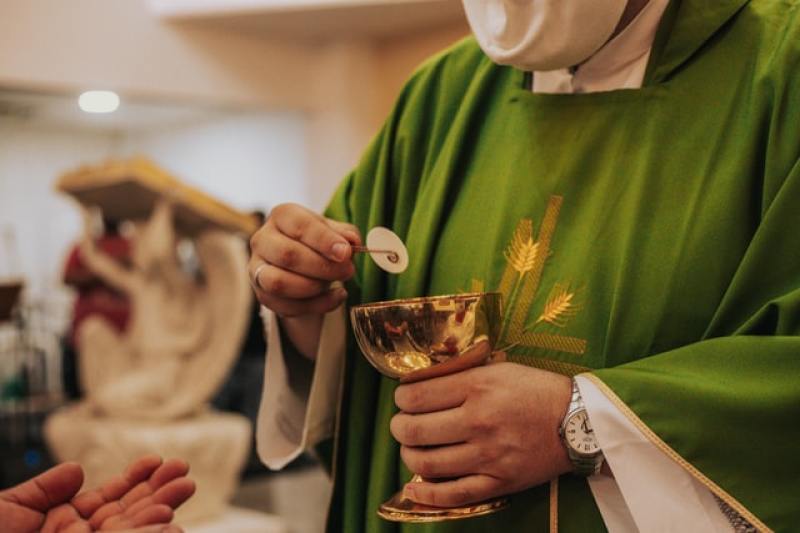
A prominent archbishop in Germany is advocating for less stricter rules around celibacy for Catholic priests.
Cardinal Reinhard Marx, an archbishop of Munich, Germany, and a reformist ally of Pope Francis, recently expressed his contemporary views during a conversation with the German publication Süddeutsche Zeitung. He argued that priests should be allowed to marry as part of a campaign to fight sex abuse.
"For some priests, it would be better if they were married - not just for sexual reasons, but because it would be better for their life and they wouldn't be lonely," Cardinal Marx explained, as reported by America The Jesuit Review. "We must hold this discussion."
Cardinal Marx explained further that he is not totally opposed to celibacy but said that the situation would be "better for everyone" if the church could "create the possibility of celibate and married priests." He pondered if it should be " taken as a basic precondition for every priest."
According to the Christian Post, the Munich law firm Westpfahl Spilker Wastl in January released a 1,000-page report that revealed how there were about almost 500 victims of abuse by church figures in the Munich archdiocese from 1945 to 2019. The report drew the attention of many in the faith partly because Pope Emeritus Benedict XVI, then known as Joseph Ratzinger, was the archbishop of Munich and Freising from 1977 to 1982.
One point of contention was that Ratzinger was at a meeting in which a priest who was accused of multiple abuse allegations was to be transferred to his diocese, the Catholic News Agency reported. Pope Emeritus Benedict XVI (Ratzinger) issued a "heartfelt request for forgiveness" in a statement released by the Vatican earlier this month. He denied any wrongdoing and instead wrote, "it proved deeply hurtful that this oversight was used to cast doubt on my truthfulness, and even to label me a liar."
German Bishop Stefan Oster defended Ratzinger, saying that the meeting was about referring a priest to the diocese in order to receive mental treatment. Oster added that Ratzinger "entrusted himself to collaborators who committed a capital error on a decisive point."
"We were and are all too much a part of a system - and so was Archbishop Ratzinger at the time," Oster told CNA. "And in this system, for too long, there was indeed almost no interest in the concrete fate of people affected by abuse and hardly any knowledge of their stories."
Oster maintained that he did not see any evidence that "Benedict XVI wanted to cover up." Instead, he said that Benedict was "one of the first to recognize this in Rome" and that as a cardinal, he actually "helped" in developing "concrete, effective measures" to address abuse and did it "against no small opposition in the Vatican."
Oster claims that Benedict is now victimized because the meeting back in 1980 aims to "discredit his entire life's work." He applauded the retired pope's clarity, honesty, and humility and accused his detractors of issuing a "quick overall moral judgment about his life in the spirit of a stirred-up public opinion and a dominant moral vision."


















